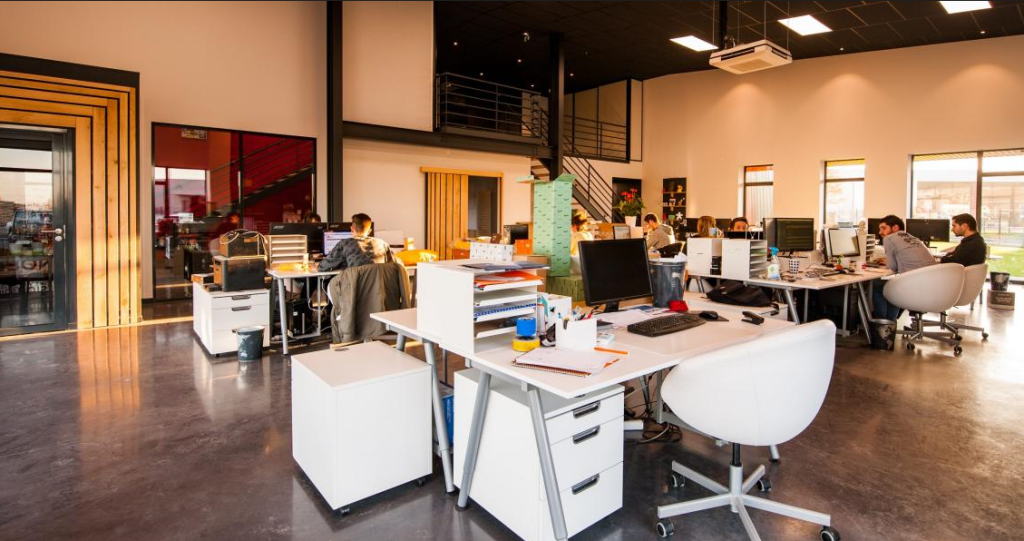Opening a commercial space for your business is a big step that comes with a lot of considerations. The first and most important step is to figure out your business’s specific needs. What type of business do you have? How many employees will you have? What kind of product or service do you want to offer? Once you know the answers to these questions, you can start looking for the perfect commercial space.
There are a few different ways to find commercial spaces for lease. You can search online listings, contact a commercial real estate agent, or drive around to look for “For Lease” signs. Once you find a few potential spaces, it’s time to start touring them.
When you tour a commercial space, pay attention to the condition of the space and the surrounding area. Is the space clean and well-maintained? Is it in a safe and convenient location? Would your customers be able to find and access the space easily? Once you’ve narrowed down your options, it’s time to start negotiating with landlords.
There are many factors to consider before signing a lease to ensure you choose wisely. While you’ve surely heard that the most important factors are location, location, and location, if you want to find the right place, there’s more to consider when deciding. Take the following steps before signing your next commercial lease.
1. List your priorities:

No two locations will be exactly the same, so having a list of the elements your business absolutely needs will help you compare different locations on a more even scale. Compile lists of essential and desirable non-essential attributes and use them to evaluate each position individually. You may even want to keep a count of how many features each location offers to gauge the attractiveness of different areas.
2. Balance the budget:

When dreaming up your new retail or office space, it can be easy to mentally create an ideal that is completely unaffordable. Rent should be one of the first factors you evaluate for any given location. Determine your budget before starting your search so you’re not tempted to bend the budget to fit the space. Getting a long lease that stretches the finances too tightly will ultimately not prove successful.
3. Find the Location:

Once your search begins in earnest, try to think like a customer. Look at the appearance of the property, neighboring businesses and the area of the city. Consider what each will reflect about your company. If the landscaping is incomplete, or the downtown area is not safe, the location will likely turn customers away. Search for a location that has neighboring businesses that will complement your company. For example, a women’s clothing store may want to consider locations near other businesses frequented by women, such as home decor stores.
4. Consider access:

You’ll want a parking area that has enough room for customers and employees and is easy to access. A lack of convenient parking can make even the most attractive-looking retail spot a failure.
5. Check Zoning Regulations:
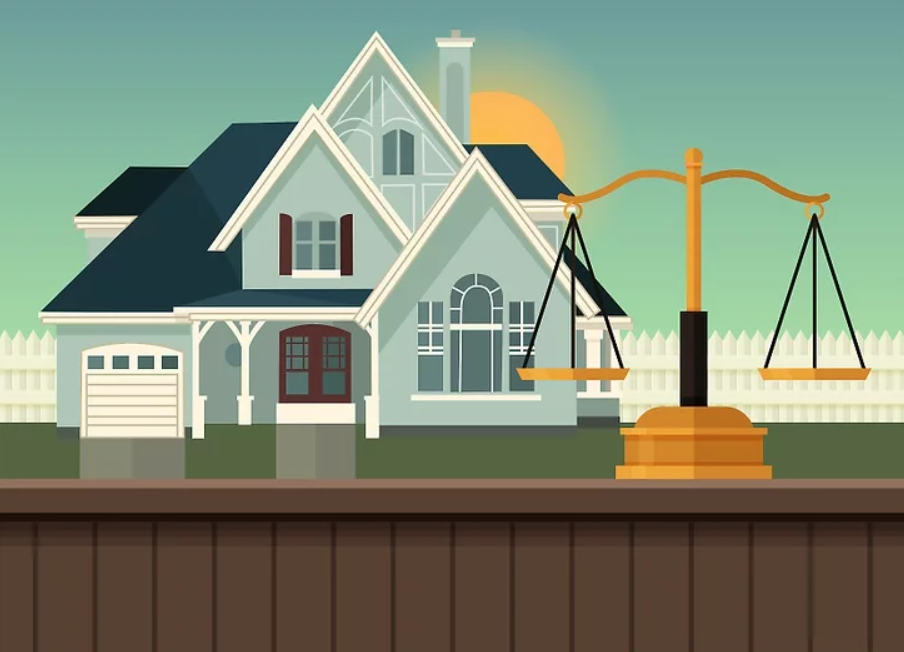
There are many state and local regulations that can determine the type of business allowed in certain locations. Contact your local planning agency for more information on possible zoning restrictions.
6. Map out the space:
If you find a space that meets all of your criteria, it’s time to visualize how the space will work for your company. Measure office and furniture or map out a rough draft of the retail floor to ensure you have enough space for all the necessary components of your business.
7. Check the Building’s Exterior and Neighborhood:
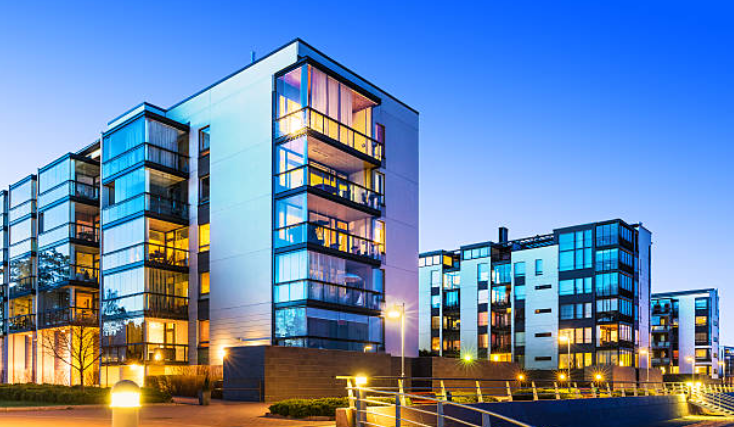
While it’s never entirely fair to judge a book by its cover, presence is important in commercial real estate, and if the building is in a part of town you can’t tour or the exterior isn’t inviting, chances are good. Potential clients or customers will not want to travel there or come in. A good physical examination of the building can also help you identify potential parking, access and maintenance issues if you decide to lease the building.
8. Look for Defects:
Note any possible defects as you inspect the building and ask the building agent about them. Small issues shouldn’t stop you from considering building, but major problems like a leaky roof or poor ventilation should be seriously checked before taking the plunge.
9. Assess Safety:
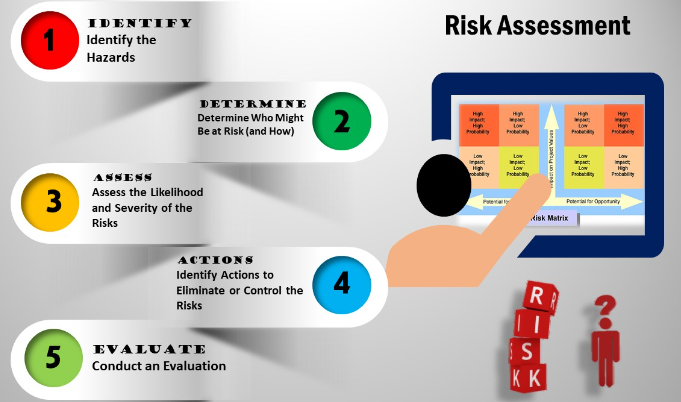
Safety is a major factor for both people and property. In addition to being located in a secure area, the building and parking area should include security features such as outdoor lights, commercial locks, and possibly an alarm system.
10. Determine What Licenses and Permits Are Required:
Some businesses may require special licenses or permits to do business, so make sure you can obtain a necessary license or permit in that location before you actually commit to a commercial location.
11. Determine Zoning Compliance:
Zoning laws can limit what type of business you can engage in and how you can operate your business, so check your local zoning laws to make sure you can operate your business the way you want. For example, a general zoning ordinance may limit the amount of retail space in an area.
12. Allow for future growth:
It’s great to have room to expand. But paying for extra space that may come in handy at some point in the future may not be the best use of your working capital. Before investing in extra space, you should be reasonably sure that you will need it in a relatively short period of time. Your business plan and advisors can help determine your affordability.
13. Check the Systems:
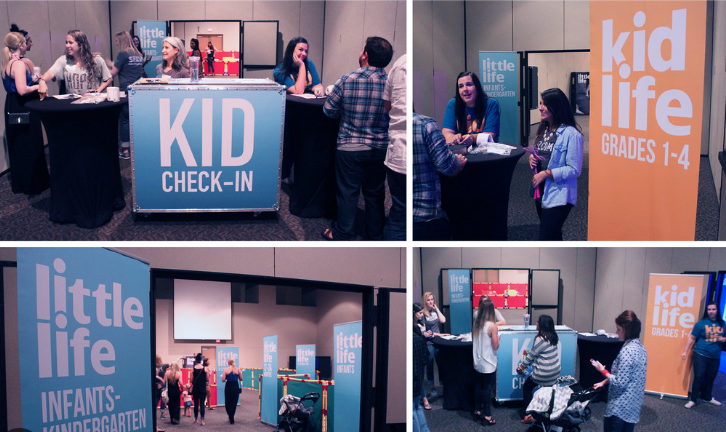
At this point, you’ll want to evaluate all the systems that affect your space. How do heating and cooling units work? Is the roof waterproof? Customers and employees need a comfortable environment to do business and you need to focus on running a company without worrying about maintenance concerns.
14. Hire an expert if necessary:
Don’t be afraid to hire someone to help you evaluate the business space. Engineers and architects may be able to identify things that you cannot, or suggest renovations or improvements that you may be able to discuss with the landlord. Ultimately, hiring experts to help evaluate potential locations for your business can save you a lot of money down the road.
15. Decorate and lay it out:
Throughout the building process, your space planner and your furniture and fixture suppliers will also help arrange and design the interior of the space. Given the fast-moving nature of most businesses, you may choose to do more with furniture and less with construction. This makes it easier to reconfigure the space in the future.
16. Create your stuff:

In addition to leasing a new office, you may need to fill it. At a minimum, you may need to add people to run the space — such as receptionists, office managers, and the like. If you start the hiring process before the position opens, you’ll be ready to start work the first day you walk in. You are going to get the rent bill, as soon as you can make the place work. For you, good!
Read also: How Big Data is transforming lives in 2023?
Finally, once everything is done, you are ready to move into your new office and start working. While the new office gives you new space, a new visual representation of your company and other related benefits, it also leaves some important things unchanged.
Ultimately, your business should have the same customers (though it’s ready to add more!), the same mission, and the same vision. Focus on them and, soon, you will open another new commercial space!
There are many ways to land a commercial space for your business. With a little creativity and perseverance, you can find the perfect space for your business. Remember to consider all of your options and to look for spaces that fit your budget. With a little bit of research, you can find the perfect commercial space for your business.

